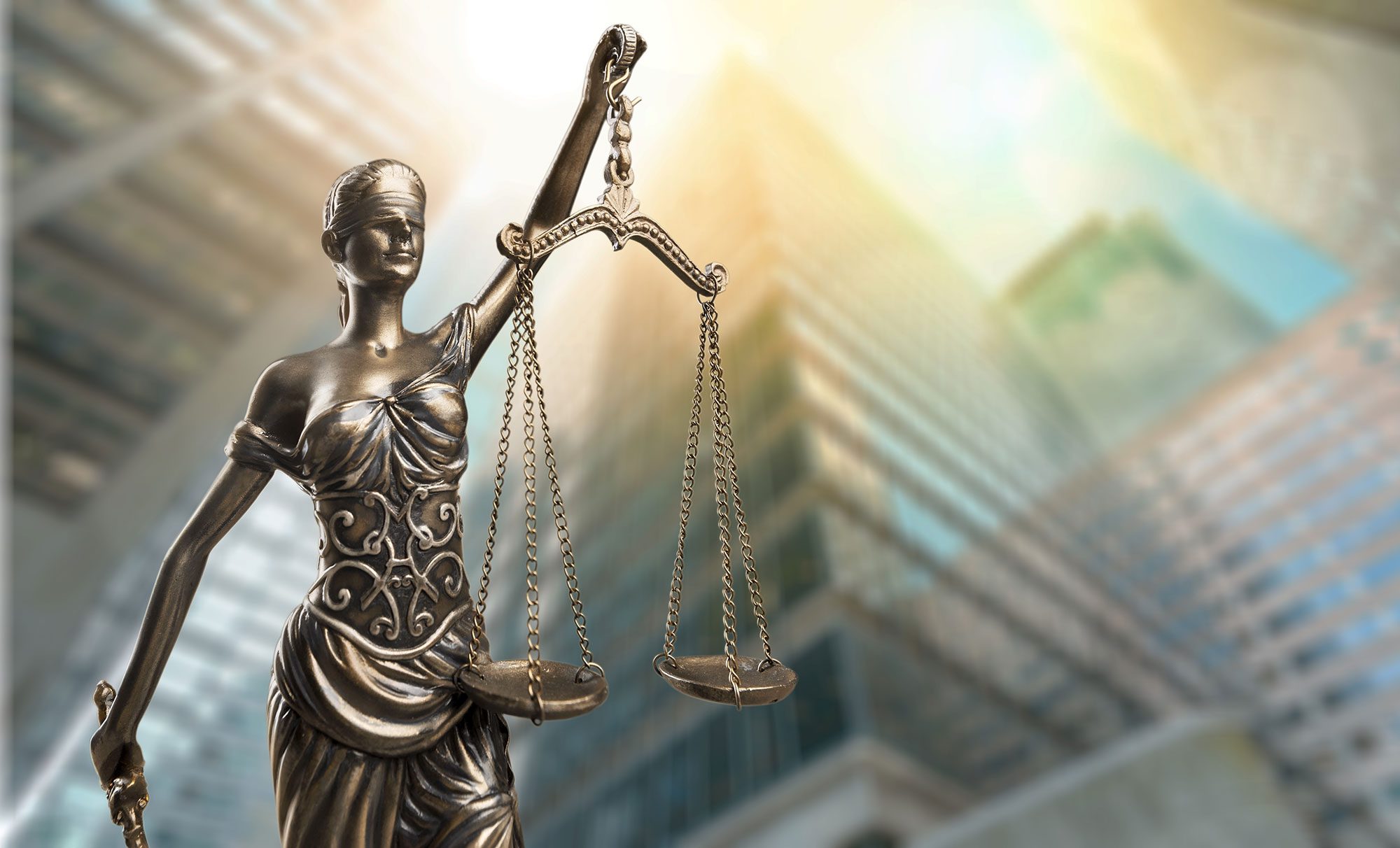
Legally Relevant Parties | Inheritance Recovery Attorneys
Understanding the dynamics of legally relevant parties that interact with a Trust is critical before pursuing a Trust contest. The movement of assets within a Trust will primarily involve Trustees and beneficiaries. Trustees are fiduciaries who have a duty to act in the best interests of the beneficiaries, as they are responsible for the Trust’s execution. Accordingly, Trustees have an obligation to act with impartiality and objectivity to ensure that all beneficiaries are treated equally. However, being a Trustee is not an exclusive role; there are circumstances where Trustees are also beneficiaries of the Trust. Such situations can sometimes complicate how both Trustees and beneficiaries navigate through the Trust’s execution, as the requisite impartiality and objectivity may be jeopardized.
A Trustee in this position must navigate this conflict of interest delicately; the primary goal is to ensure that the Trust is executed in a manner that aligns with the Trust instruments in an honest and fair way. Trustees are legally mandated to uphold their fiduciary duties, and breach of those duties can result in legal recourse. Essentially a Trustee who is also a beneficiary has more to lose as the Trustee. Trustees are prescribed duties by the law; beneficiaries have no legal responsibilities or obligations as they are estate recipients. For such reason, a Trustee’s obligations are paramount to any desire they may have as a beneficiary.
It is imperative that a clear boundary is set between the two roles, and a way to facilitate that is by retaining two separate counsels. It may be ideal for a Trustee who is a beneficiary to get separate attorneys for each of their interests; an attorney to represent and advise them as a Trustee and an attorney to represent and advise them as a beneficiary. Ultimately getting advised separately reinforces the idea of objectivity, and if complications arise in the future, proof of two separate counsel may rebut any potentially harmful legal implications. Furthermore, having an attorney for each interest ensures that lines are not crossed and that both interests are honored in a way that is not harmful to the other. As stated earlier, a beneficiary who is a Trustee is held to a higher standard, so there can be major risks if those lines are blurred.
If you are in a similar predicament or want to know your legal options for your inheritance, please contact The Inheritance Recovery Attorneys. Our firm offers free consultations and specializes in Trust and Will litigation. We are here to help you protect your inheritance and ensure your loved one’s wishes are fulfilled honestly.
Latest Posts
Duress vs. Undue Influence
In legal contexts, particularly those involving contracts and estate planning, the concepts of duress and undue influence play crucial roles in determining...
Duress vs. Undue Influence
Understanding Estate Property
Understanding Estate Property: Key Concepts and Legal Considerations When someone passes away, their estate encompasses all the assets they owned at the...
Understanding Estate Property
Understanding Probation Litigation Attorneys
Navigating the complexities of the legal system can be daunting, especially when it involves probation issues. This is where a probation litigation...